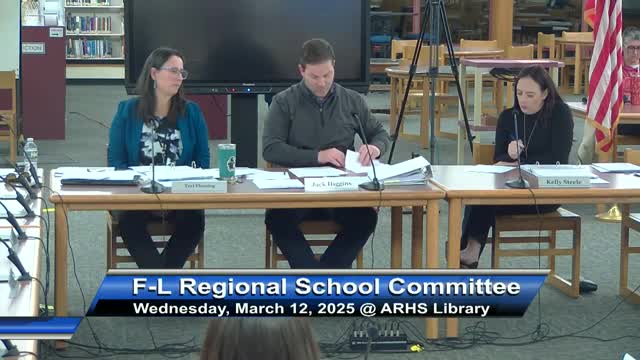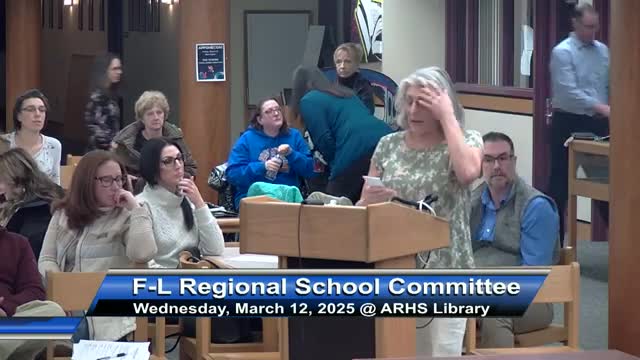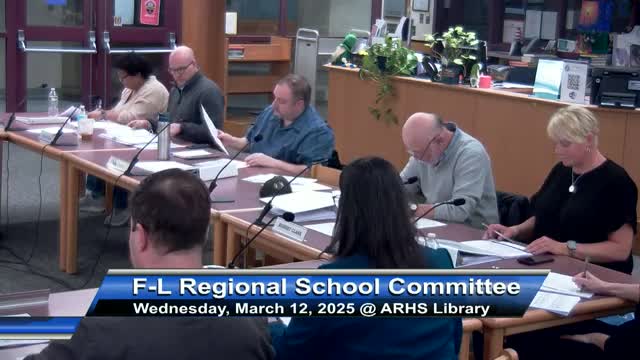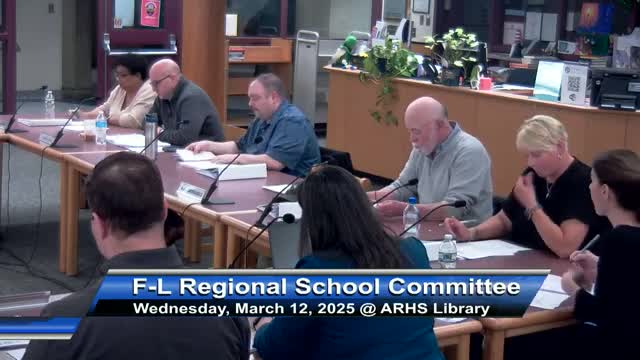Article not found
This article is no longer available. But don't worry—we've gathered other articles that discuss the same topic.

Freetown-Lakeville administration outlines FY26 budget options that could cut 16 positions; proposes temporary school-choice placeholder pending state funds

Freetown-Lakeville committee forms Grama Pool subcommittee after residents urge repairs

School committee considers group stops, bell-time tweaks and route changes to address afternoon bus delays

